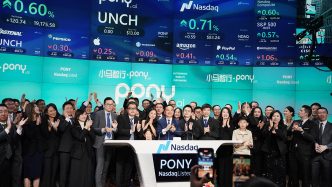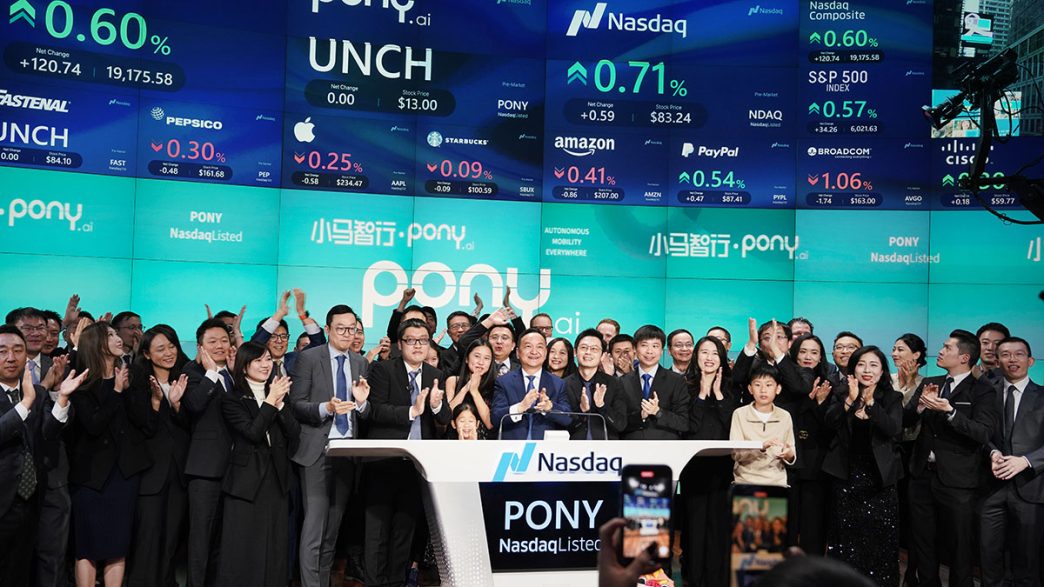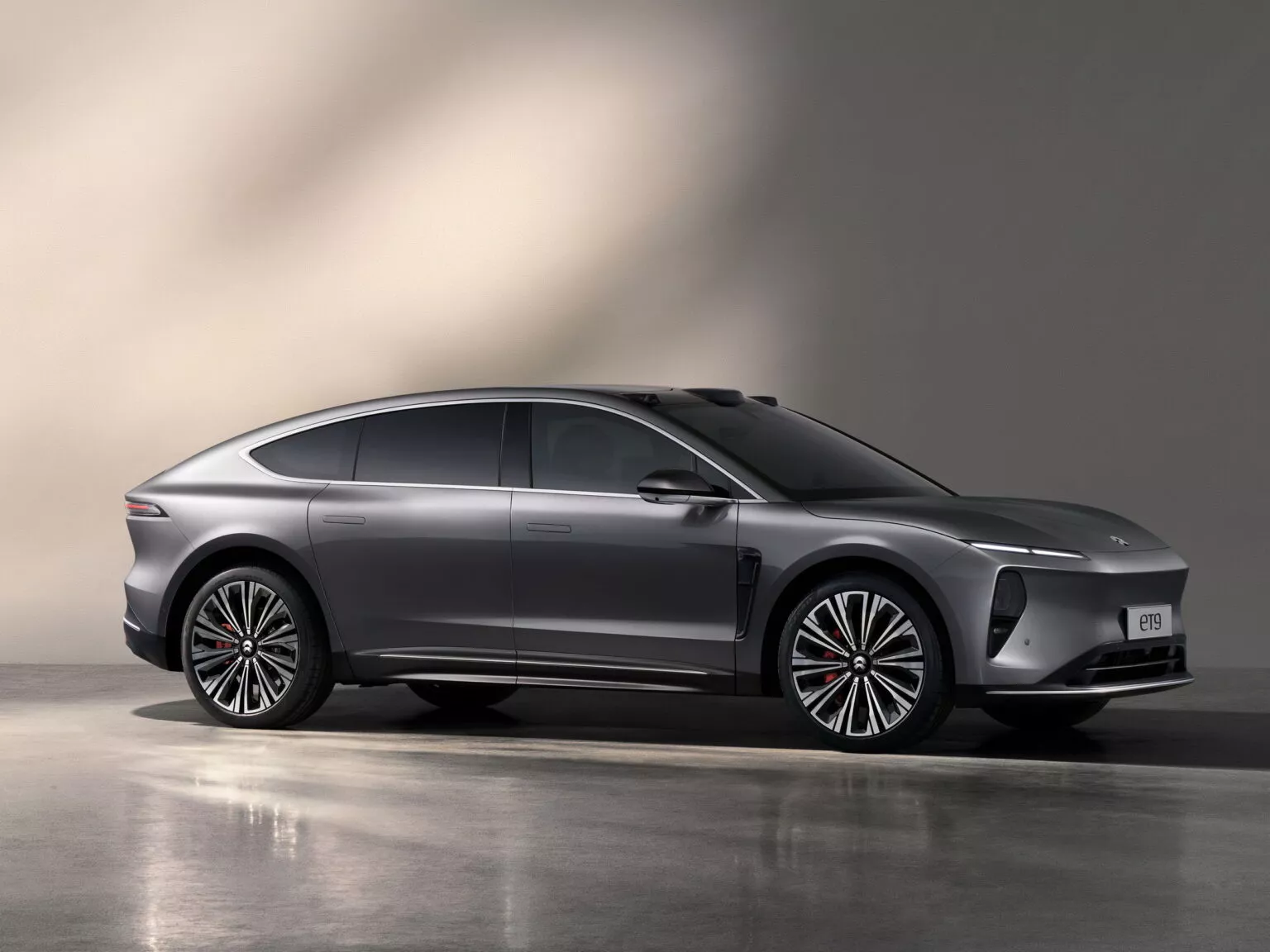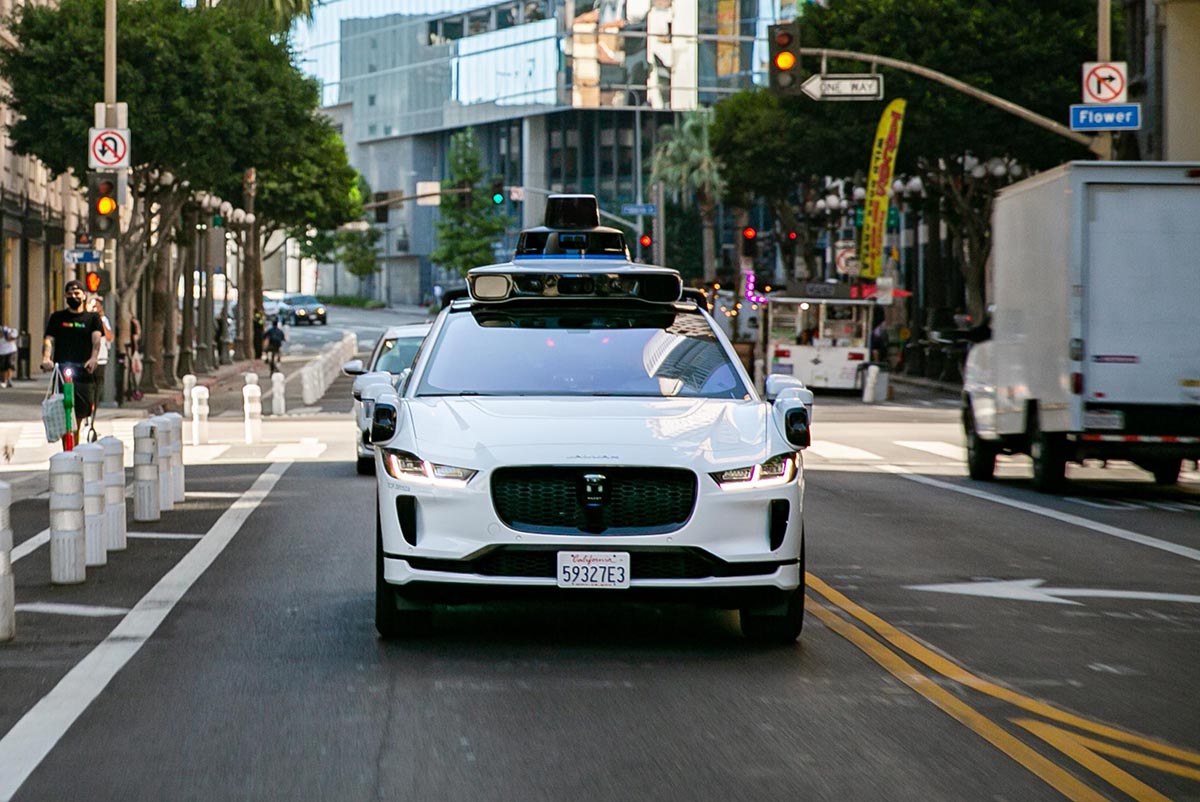Chinese autonomous driving startup Pony AI (NASDAQ: PONY) debuted on the Nasdaq stock exchange, completing the year’s largest U.S. IPO in the autonomous driving sector.
The company priced its initial public offering (IPO) at $13 per American Depositary Share (ADS), the upper limit of its projected range. After increasing the offering size by 33% from 15 million to 20 million ADSs, Pony AI raised $260 million. Concurrent private placements brought the total proceeds to $413 million.
Despite a valuation of over $5 billion at IPO—down from $8.5 billion in 2022—Pony AI shares fell 7.69% during its first trading day, closing at $12 per ADS, giving the company a market capitalization of $4.66 billion. The figure aligns closely with fellow Chinese autonomous driving firm WeRide (NASDAQ: WRD), which debuted on Nasdaq in October with a valuation of $4.71 billion.
Founded in 2016, Pony AI is recognized as one of China’s first autonomous driving technology pioneers, often compared to the U.S.-based Waymo. The company focuses on developing virtual drivers for robotaxi, robotruck, and personally owned vehicle (POV) applications.
Led by co-founders Peng Jun, who holds 17.3% of shares and 55.6% of voting rights, and Lou Tiancheng, who owns 6.1% of shares with 19.5% voting power, Pony AI has attracted substantial backing from industry giants. Investors include Toyota, GAC, Nio Capital, and venture firms Sequoia China and IDG Capital.
With a workforce of 1,359 employees, including 601 dedicated to research and development, Pony AI has raised $1.3 billion in funding prior to its IPO.
Pony AI reported revenues of $68.39 million in 2022, $71.9 million in 2023, and $24.72 million in the first half of 2024. Its total revenue for the first three quarters of 2024 reached $39.51 million, representing an 85.5% year-on-year increase.
However, the company continues to face significant financial challenges. Between 2022 and June 2024, Pony AI incurred cumulative net losses of $324 million. For the first half of 2024 alone, it reported a net loss of $51.78 million.











